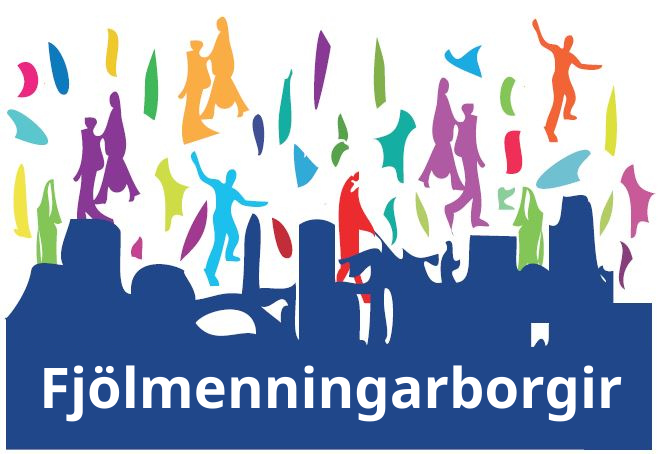Intercultural cities

The Intercultural Cities Programme (ICC) is a project of the Council of Europe. The project supports cities in reviewing and implementing their policies from an intercultural perspective. In addition, the project supports diverse governance that benefits the urban community.
The ICC brings together various cities from Council of Europe member states and around the world to share experiences, best practices, and expertise in inclusive integration. In 2022, over 150 cities participated in the project.
What is an intercultural city?
Real equality is achieved by preventing discrimination and adapting the City's administration, institutions, and services to the needs of a diverse group of residents.
In an intercultural city, politicians and most residents have a positive attitude towards diversity. They view diversity as an asset and comprehend that different cultures evolve and must adapt when interacting in public spaces.
Public policy-making promotes meaningful interaction between diverse individuals and groups. This policy-making fosters trust, relationship-building, and transforms public spaces in a way that lays the foundation for communication and dialogue.
People are enabled to be active participants in their community (active citizenship and participation). Different groups can influence their local community, and no one is left out. Equality, diversity, communication, and active citizenship and participation are four interconnected concepts. These concepts lay the foundation for the development and resilience of an intercultural city.
Contact us
For more information, contact the Human Rights Office.
- Email: mannrettindi@reykjavik.is